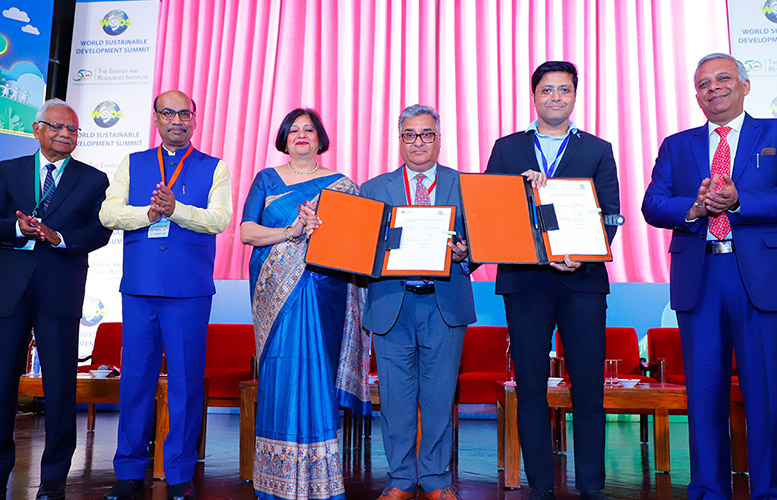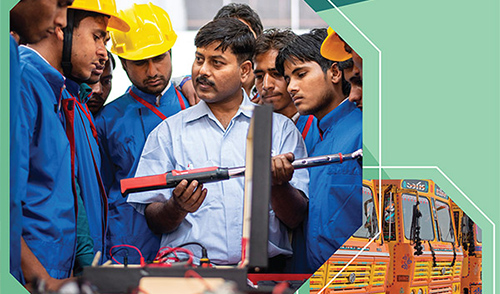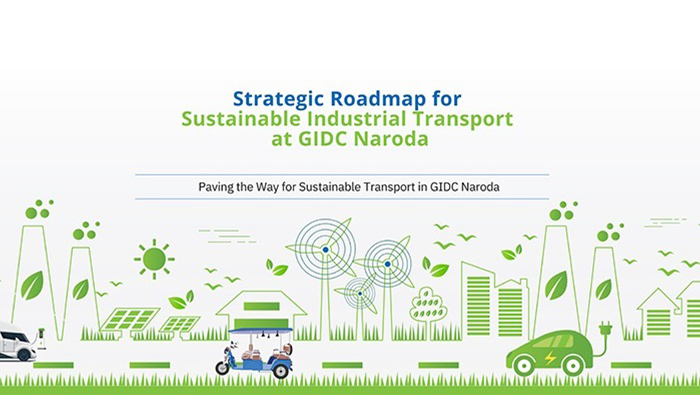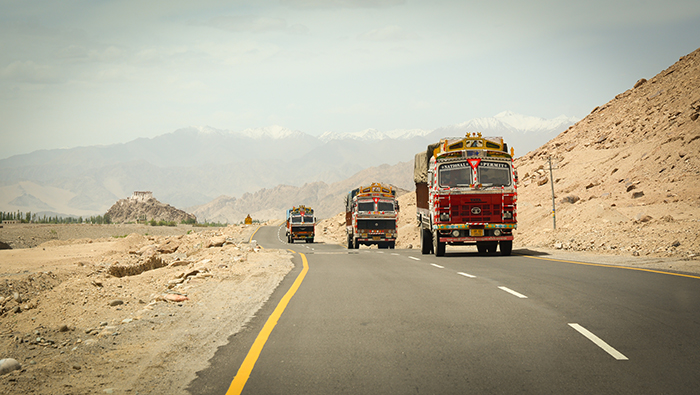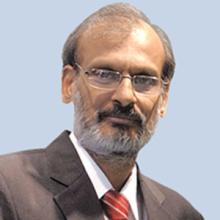Belém Indicators Explained: The New Climate Scorecard India Cannot Ignore
January 15, 2026
| Mr Shri Prakash; Ms Sonal Singh, TERI
| ABP Live
With climate risks rising, new Belém Adaptation Indicators aim to guide funding and action, as India looks to align its national adaptation plans with local realities and climate resilience goals Mr Shri Prakash, Distinguished Fellow & Ms Sonal Singh, Research Associate, Transport & Urban Governance Division, TERI.
PNGRB announces TERI-led study comparing vehicular fuels in transport transition
January 7, 2026 |
January 8, 2026
The Tribune
The Energy and Resources Institute (TERI) has been entrusted by The Petroleum and Natural Gas Regulatory Board (PNGRB) to conduct the study titled, "Comparative Assessment of Vehicular Fuels in India's Energy Transition: A Multi-Dimensional Approach".
From road to rail: Unpacking India's transport strategy to meet national climate commitment
December 30, 2025
| Mint
As countries struggle to meet NDC commitments amid rising global temperatures, the transport sector is key writes, Mr Sharif Qamar, Fellow & Associate Director, Transport and Urban Governance Division, TERI.
Focus on shift to EVs, boosting public transport: Experts to govt
December 17, 2025 |
December 17, 2025
The Times of India
In Delhi, vehicular emissions are a major source of local pollution. According to emission inventory studies conducted by IIT-Kanpur in 2015, TERI-ARAI in 2018, and System of Air Quality and Weather Forecasting And Research in 2018, the transport sector's contribution to the city's PM2.5 was 20%, 39%, and 41%, respectively.
TERI Expands ‘Future-In-Charge’ Programme to Pune, Bengaluru and Kolkata to Strengthen India’s EV Charging Workforce
December 16, 2025 |
December 16, 2025
EMobility+
The Energy and Resources Institute (TERI), in collaboration with Mercedes-Benz Research and Development India (MBRDI), has announced the expansion of its Future-In-Charge (FIC) skilling programme to Pune, Bengaluru and Kolkata, marking a significant step in strengthening India’s electric vehicle (EV) charging workforce.
'Future-In-Charge’ Skilling Programme Expands Training to Pune, Bengaluru, and Kolkata
December 12, 2025 |
December 12, 2025
Global Agriculture
The Energy and Resources Institute (TERI), in collaboration with Mercedes-Benz Research and Development India (MBRDI), announced the expansion of its Future-In-Charge (FIC) skilling programme—India’s first National Council for Vocational Education and Training (NCVET)-approved curriculum dedicated to EV charging infrastructure operations and maintenance.


